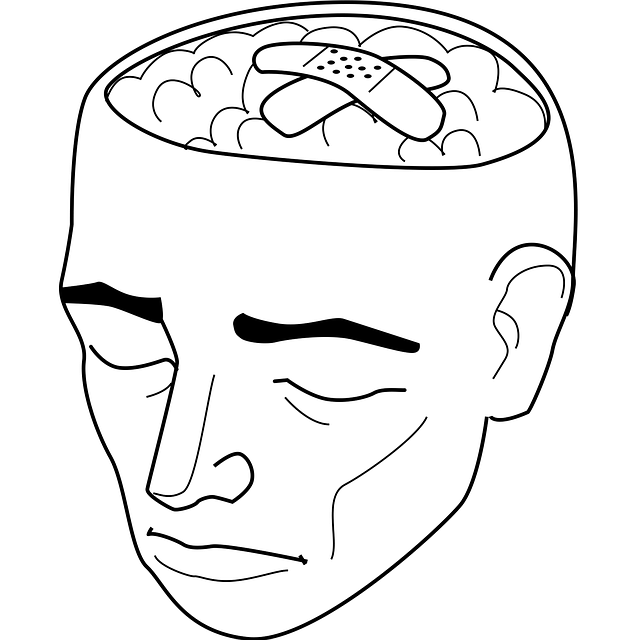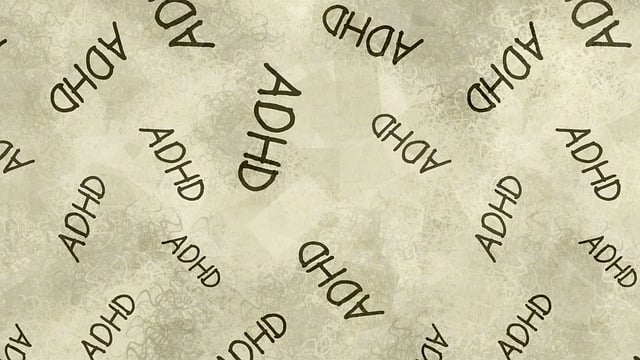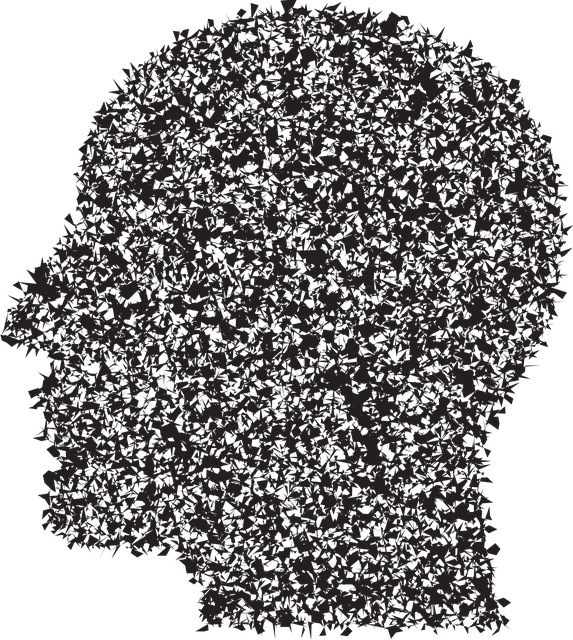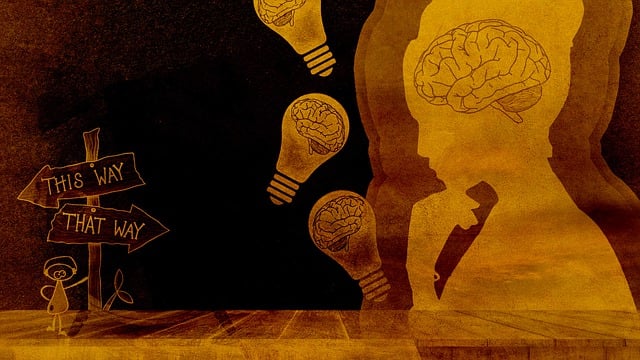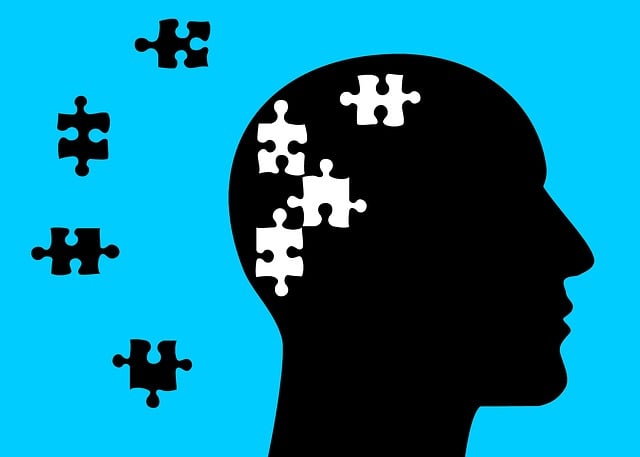Misdiagnoses in child mental health are common due to complex assessments involving developing brains and varied distress expressions. To combat this, Castle Rock Child Abuse Therapy (CRCAT) promotes a nuanced diagnostic approach with comprehensive evaluations, including parent interviews, detailed histories, and evidence-based tools. CRCAT's innovative strategies, like integrating cultural competency training, enhance diagnosis accuracy, improve patient outcomes, and build trust, especially among historically misdiagnosed minority groups. Their holistic care model combines advanced assessments with supportive settings to promote healing, develop coping skills, and foster resilience in young people.
Mental illness diagnosis accuracy is a critical aspect of patient care, especially in child mental health where misdiagnoses can have lasting impacts. This article delves into understanding the challenges faced by professionals in accurately diagnosing childhood mental disorders. It explores innovative approaches aimed at enhancing diagnosis accuracy, highlighting successful models like Castle Rock Child Abuse Therapy that offer effective evaluation and comprehensive care. By examining these strategies, we can strive for improved outcomes in child mental health treatment.
- Understanding the Challenges: Misdiagnoses in Child Mental Health
- Innovative Approaches: Enhancing Diagnosis Accuracy
- Castle Rock Child Abuse Therapy: A Model for Effective Evaluation and Care
Understanding the Challenges: Misdiagnoses in Child Mental Health

Misdiagnoses in child mental health present unique challenges, often with profound consequences. Children’s developing brains and varying expressions of distress can make accurate assessment difficult. What may appear as behavioral issues could actually be symptoms of an underlying mental health disorder like anxiety or depression. This complexity necessitates a nuanced approach to diagnosis, one that goes beyond surface-level observations and incorporates comprehensive evaluations, including interviews with parents and caregivers, detailed histories, and evidence-based assessment tools.
Efforts to improve accuracy in this area are crucial, particularly for vulnerable populations like those served by Castle Rock Child Abuse Therapy. Enhancing diagnostic skills through training in emotional intelligence and risk management planning for mental health professionals is key. By fostering a deeper understanding of childhood presentations and implementing evidence-informed practices, mental health professionals can reduce misdiagnoses, provide more effective treatment, and ultimately improve outcomes for children struggling with mental illness.
Innovative Approaches: Enhancing Diagnosis Accuracy

In the pursuit of enhancing mental illness diagnosis accuracy, innovative approaches have emerged, driven by a growing understanding of the complex interplay between symptoms and cultural contexts. At Castle Rock Child Abuse Therapy, for instance, therapists employ evidence-based practices tailored to individual needs, factoring in cultural sensitivity to ensure diagnoses reflect the unique experiences of diverse populations. This involves not just listening to patients’ stories but also recognizing how societal norms, traditions, and historical traumas can shape their mental health expressions.
One such approach is integrating Healthcare Provider Cultural Competency Training into diagnostic processes. By equipping professionals with knowledge about cultural nuances and biases, this training fosters a more nuanced understanding of mental health presentations. Consequently, it promotes accurate diagnoses, particularly among minority groups where misdiagnosis rates have historically been higher. Furthermore, emphasizing cultural sensitivity in mental healthcare practice not only enhances diagnosis accuracy but also improves patient outcomes by cultivating trust and rapport between providers and diverse communities.
Castle Rock Child Abuse Therapy: A Model for Effective Evaluation and Care

The Castle Rock Child Abuse Therapy (CRCAT) model offers a comprehensive framework for improving mental illness diagnosis accuracy, particularly in youth. By integrating advanced evaluation techniques with holistic care, CRCAT sets a benchmark for effective treatment. This approach prioritizes a multi-faceted understanding of each child’s psychological landscape, considering both clinical assessments and nurturing environments that facilitate healing.
CRCAT emphasizes the critical roles of Depression Prevention, Coping Skills Development, and Confidence Boosting in fostering resilience among young individuals. Through evidence-based interventions, the program equips children with tools to navigate internal struggles, manage external pressures, and build a strong sense of self-worth. This holistic strategy not only enhances diagnostic accuracy but also paves the way for long-term mental well-being and successful navigation through life’s challenges.
Mental illness diagnosis accuracy is a critical aspect of patient care, especially in pediatric settings. The challenges surrounding misdiagnoses in child mental health underscore the need for innovative approaches and effective models. Castle Rock Child Abuse Therapy offers a compelling example of how comprehensive evaluation and specialized care can improve diagnostic accuracy, ensuring children receive appropriate treatment from the start. By integrating advanced assessment tools and tailored interventions, such as those employed at Castle Rock, mental health professionals can strive to achieve higher diagnostic precision, ultimately fostering better outcomes for young patients.


